Apple enters the smart home industry: Smart layout of the new situation
OFweek smart home network news In recent years, smart home industry, "fighting" can be described as surging. In front of the smart TV, smart refrigerator, all aspects of the home, gradually replaced by intelligence. Of course, as the world's top Apple company, we have also seen the potential value of this area and started to build smart home products.
On the 5th of June, Apple held the 28th WWDC Global Developer Conference. Its home appliance hardware speaker HomePod is also the finale, bringing a touch of breath to the smart home industry. It also represents Apple's determination to want to be smart. The home industry also makes its own brand.
HomePod speakers, enter the smart home
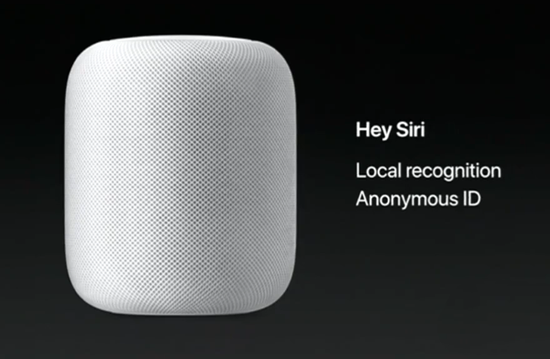
In recent years, with the smart home and smart speaker market, Apple has long seen the market. At this conference, HomePod speakers with their own brand were released, making the smart home market more competitive.
Speaking of the smart speaker series, basically the entire intelligent speaker market was first opened by Amazon Echo, and then Google also joined Google Home. And now Apple is also officially releasing its HomePod speakers on the WWDC 2017. Eventually, the three main products on the market will formally become the three pillars.
First of all, when it comes to the pricing strategy of the three products, we have always known that Apple’s products have always taken a high price strategy, so HomePod speakers are priced at $ 349, and this price is almost twice the price of Amazon Echo, the latter's price Only $179.99, not to mention Google Home, which is priced at only $129.
So, as Apple has just begun to enter the market, in the face of such a low-priced competitor, it is also priced so high that consumers are not afraid to not buy it?
In fact, since Apple dares to set this high price strategy, it must have its own consideration of the market. With its high quality design of sound quality and innate advantages of the more mature artificial intelligence voice siri, it allows the user to obtain an artificial intelligence experience more than the other two. HomePod speakers can understand more complex requests, contextual context perceptions, and follow-up issues through siri. This outstanding ability is beyond the reach of other manufacturers.
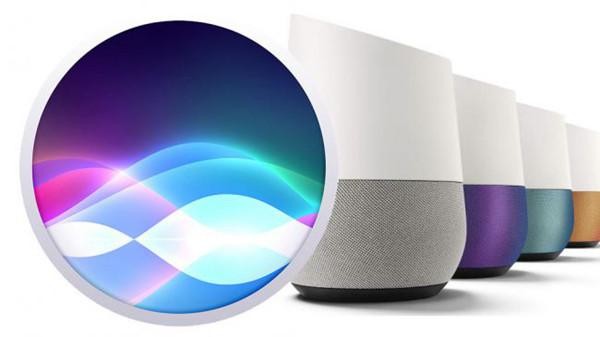
The Apple HomePod speaker released this time, in its technical level, equipped with 7 speakers and a subwoofer, and each speaker is equipped with a dedicated custom amplifier, obviously this combination is more than one level higher than other competitors, Amazon Echo uses a single speaker design. And Apple HomePod speakers also use a transparent dynamic processing unit and audio optimization capabilities, can improve the sound quality of the input source. The six far-field microphones interact well with the built-in speakers, allowing users to receive commands in a noisy environment. Google Home only has two microphones, which is slightly less effective than Apple. By comparison, we will know that Apple's pricing strategy is also a careful consideration of the market.
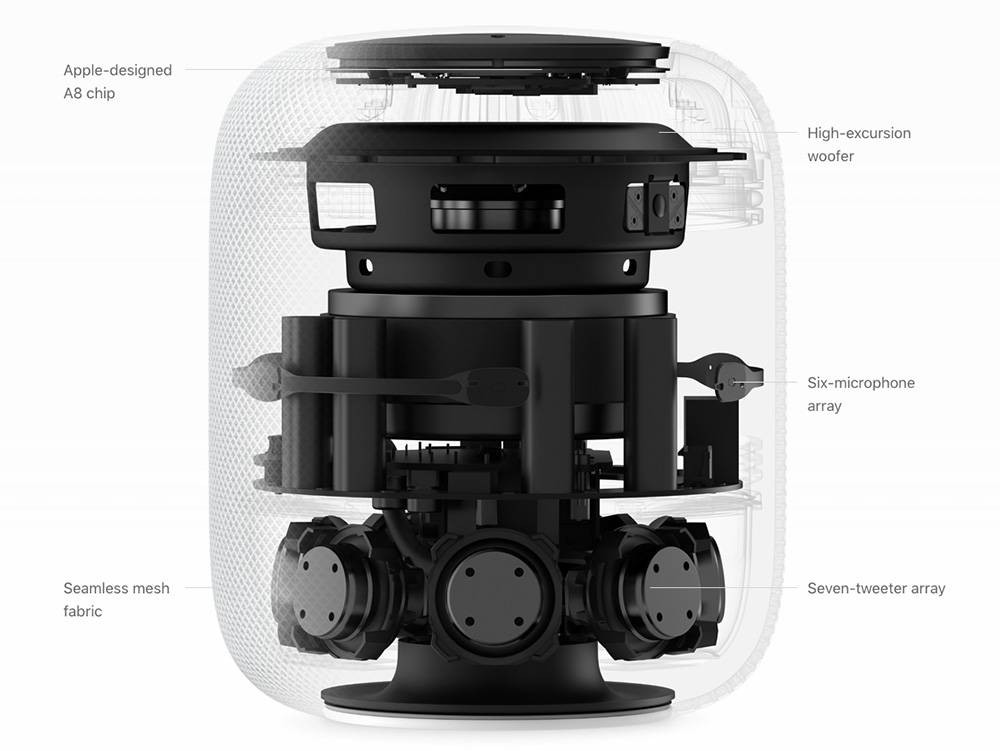
With such a high-profile, high-pricing strategy, Apple, known for its precision, seems to be determined to start its march into the smart home industry.
Eight immortals crossing the sea
In the release of Apple HomePod speakers, all aspects will be expected to cast their eyes. Everyone wants to see that Apple, which has mature technology in all aspects, can play tricks in smart speakers. In the face of the low prices of competitors, what kind of response is there? Of course, if you want to get feedback on this experience and market, you have to wait until after the official release.
However, in the face of such a broad market and competitors' layers of strategy, some users have some different views on the HomePod speakers released by Apple. Some netizens believe that although Apple has a high quality and high sound quality, this strategy has its own risks. As far as the current market is concerned, consumers are still quite sensitive to prices, and Amazon Echo can also be used with high-quality speakers. Therefore, consumers can have more choices of brands.
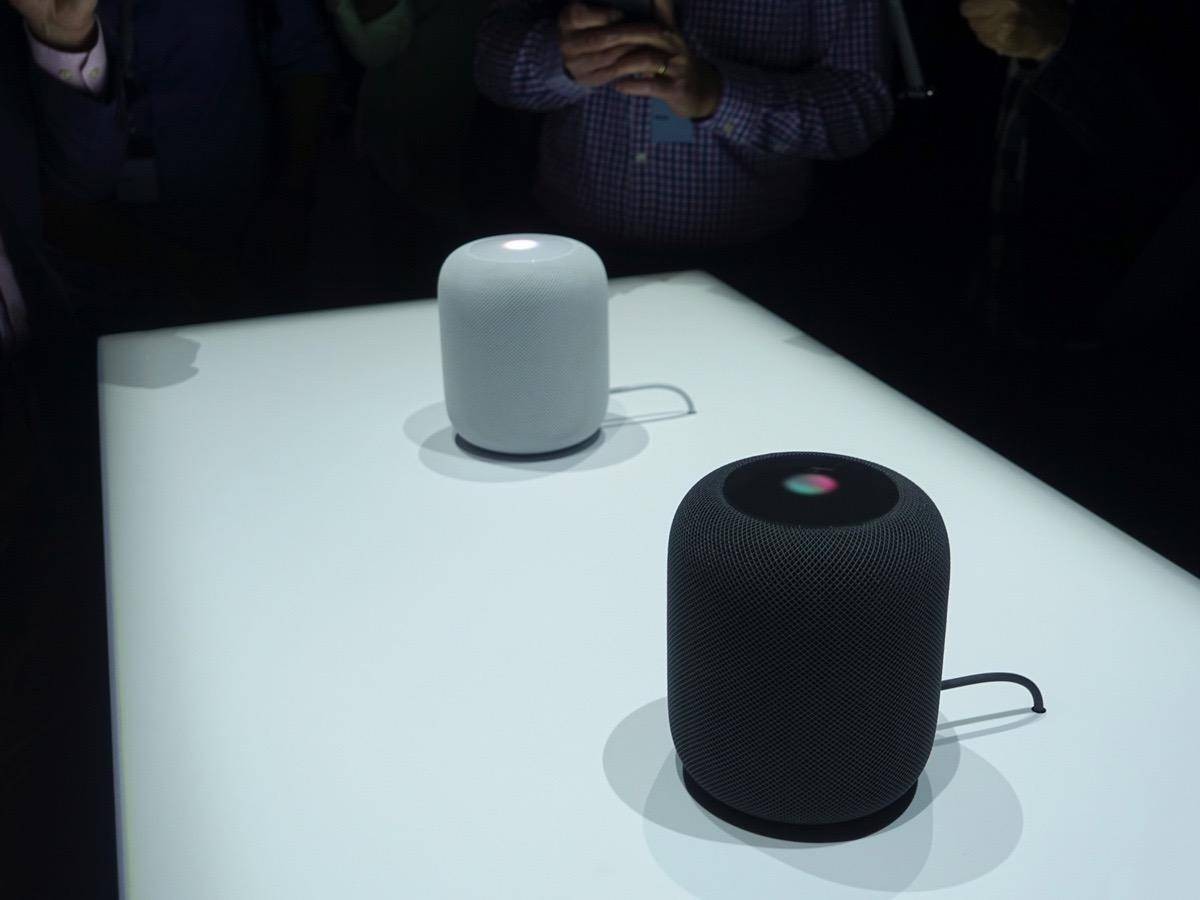
In terms of software and functions, Apple has continued its own Apple system style on the HomePod speaker. It is completely locked to third-party permissions and has little room to play, and HomePod speakers are focused on the "speaker." Mostly targeted are users who have entered the Apple ecosystem, not those of third-party hardware. The Echo and Google Home brands, although positioning is also a smart speaker, but the main focus is on the "smart", can fully support the third-party hardware, compatible with more smart home products, if the user wants to experience more Music streaming service, then consumers will definitely choose Echo and Google Home brand with higher playability. With regard to grasping the needs of users, this is an important factor for Apple to make a market.
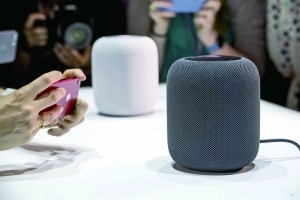
In the smart home market, Apple's entry is obviously a "threat" to other brands. Of course, it also brings challenges. The 28th WWDC Global Developers Conference has proved Apple's ambition by publishing HomePod speakers. The smart home market has obviously entered the Eight Immortals Crossing the Sea. For consumers who are pursuing quality while pursuing prices, how companies can make products that satisfy consumers is even more a test.
The smart home market is surging, smart layout new situation, I believe there are better products to meet with us one by one. The smart home industry has unlimited potential.
The SCSI interface is a general interface, which can connect the host adapter and eight SCSI peripheral controllers on the SCSI bus. The peripheral devices can include disk, tape, CD-ROM, rewritable optical disk drive, printer, scanner and communication equipment, etc.
â— SCSI is a multi task interface with bus arbitration function. Multiple peripherals attached to a SCSI bus can work at the same time. Devices on the SCSI share the bus equally.
â— the SCSI interface can transmit data synchronously or asynchronously, the synchronous transmission rate can reach 10MB / s, and the asynchronous transmission rate can reach 1.5mb/s.
â— when the SCSI interface is connected to an external device, its connecting cable can be as long as 6m.
Small computer system interface (SCSI) is an independent processor standard used for system level interface between computer and intelligent devices (hard disk, floppy drive, optical drive, printer, scanner, etc.). SCSI is an intelligent universal interface standard
Plastic SCSI Section
ShenZhen Antenk Electronics Co,Ltd , https://www.antenkelec.com